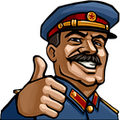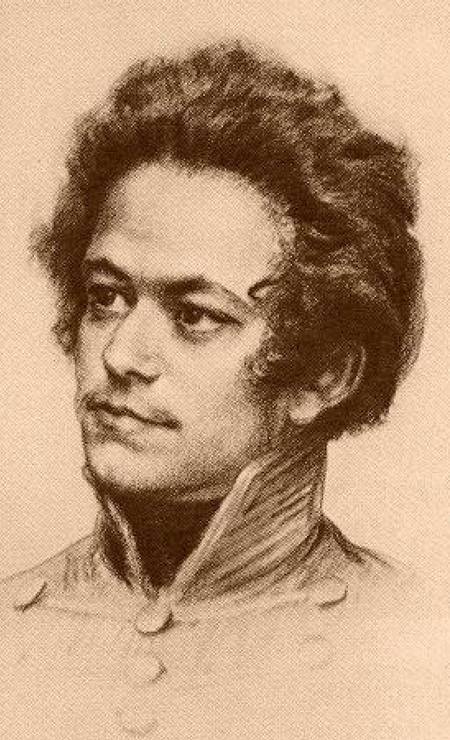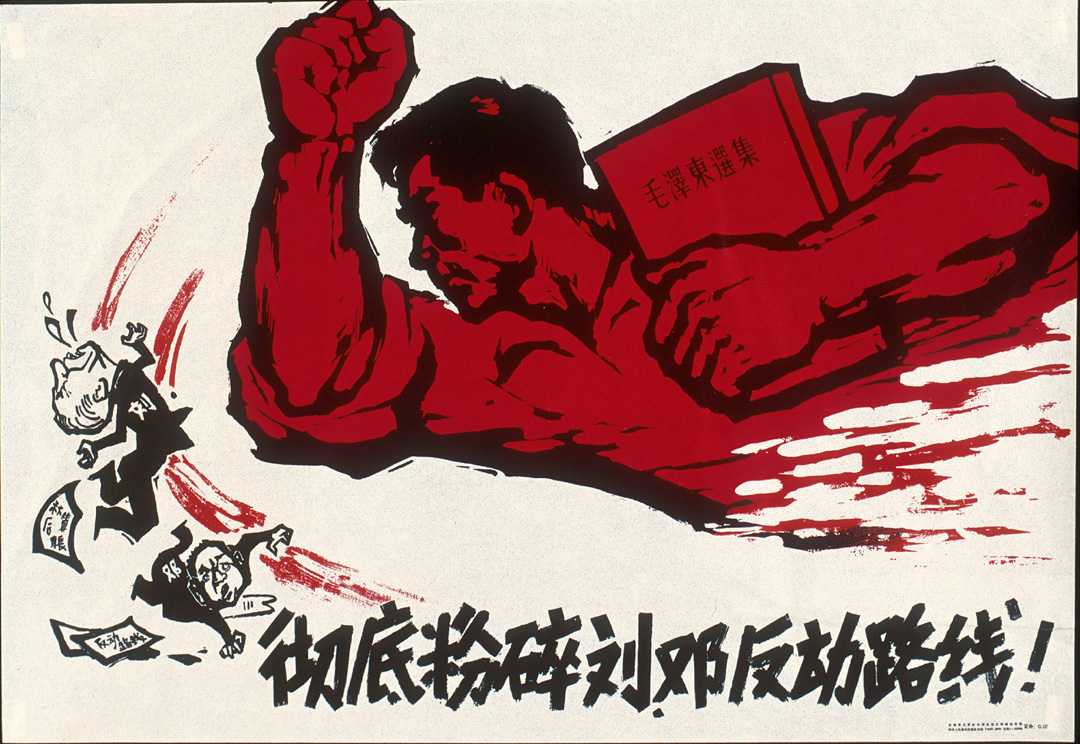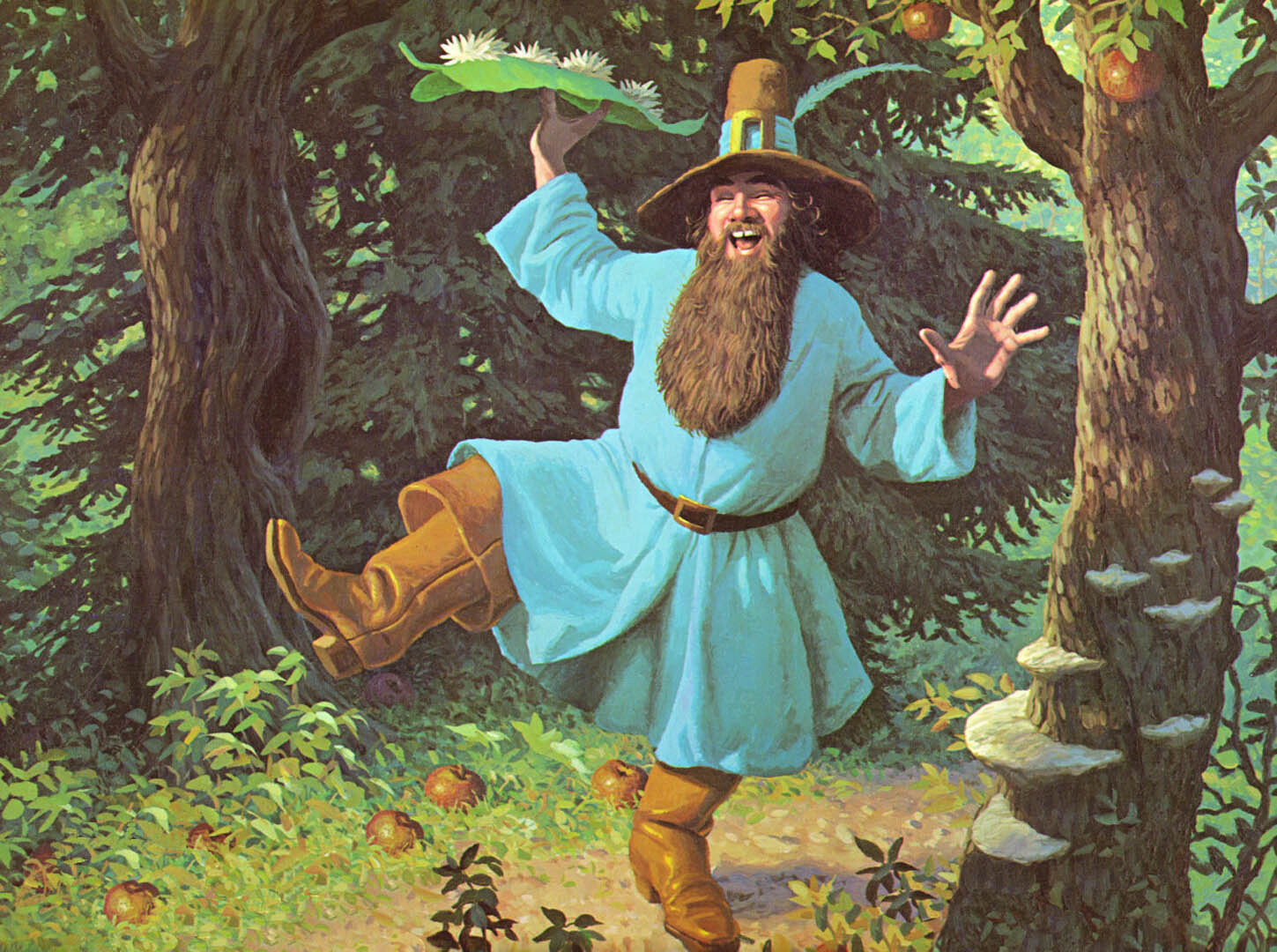Right now I'm reading:
Bullshit Jobs (2018) by David Graeber - I loved Debt but had low expectations for this one and was reluctant to read it (I expected it would just be an extremely padded out version of the essay, which I liked). I'm enjoying it a lot more than I expected, and I'm reminded how skillful ![]() was at gently taking a reader along and path that is unambiguously radical, yet each individual step on the path seems casual and reasonable.
was at gently taking a reader along and path that is unambiguously radical, yet each individual step on the path seems casual and reasonable.
Western Marxism (2017) by Domenico Losurdo - it's good. It's Losurdo, if you've read him before this is about the same - very rigorous and orderly arguments that lead to some very powerful insights. I'm only 100 pages in so far but liking it and feel that this new English text might become a vital text once it gets read more widely
Exhalation (2019) by Ted Chiang. Science fiction short stories by one of the best to do it rn. I'm about halfway through, so far I enjoyed his first collection more (Story of Your Life and Others). I liked the first story quite a lot (The Merchant and the Alchemist's Gate) but most of the rest of what I've read so has been dominated by one 100 page novella that felt kind of weak for the amount of real estate it takes up. I've heard a few of the later stories are real bangers though so maybe it will balance out.
As for what I'm excited to read next, I'm kind of spinning my wheels a bit. Might do Washington Bullets by Vijay Prishad, or maybe some Strugatsky Brothers. Open to suggestions!
Origins of the family, the state and private property by Engels. Really great read, many things make a lot more sense when analyzed dialectically.
I really would love to read an updated version of this book. So much of the book is ultimately a summary of the state of the art of 19th century anthropology, but I'm not really educated enough to know how much of this theory holds water.
But that last chapter was such a banger lol. I highlighted so much I might as well have photocopied the pages onto neon paper.
Exactly my thoughts, there was an interesting note in the marxists.org version in the first chapter but you could really write a whole new book to adjust it to modern data. It's impressive how much Engels can make from sources written by white colonizing racists.
Updated version that explores what post-patriarchal, post-capitlaost coupling and group marriage/other arrangement relationships would be really interesting. Gimme Engels waxing poetic about polycules.
TankieTube has this in audiobook format tucked away in the Friedrich Engels Box Set, it includes:
-
Revolution and Counter-Revolution
-
Manifesto of the Communist Party
-
The Origin of the Family
-
Private Property and the State
-
Engels' Speech at the Grave of Karl Marx
I should chapterise these or split them but that's a job for future me.
-
This is sort of my hidden gem rec since I don't see it suggested as much as others.
I’m slowly making my way through Blackshirts & Reds. - Not a long read I know, but I’m making sure I really understand.
It's good stuff. I always thought the main parts everyone should read are chapters 3 and 4, but I reread it last year and chapter 2 stood out as a total banger that I'd totally memory-holed.
 is a better lecturer than a writer and most of the book you can find in lecture form with him banging the podium and screaming, but it's a good little book nonetheless. I just wished he cited his claims more often, and with reliable sources
is a better lecturer than a writer and most of the book you can find in lecture form with him banging the podium and screaming, but it's a good little book nonetheless. I just wished he cited his claims more often, and with reliable sourcesOh yeah, chapter 2 was awesome. It’s interesting how it’s so quotable that I feel like I’ve read half of it already just from being on here.
Rereading Class Struggle by Losurdo. Great book. The first 1/4th is like the perfect position on how class struggle is an inclusive movement, and that those who yell "class reductionist" to Marxists are missing the point. The relationship between struggles is so interesting as presented (and of course, as it really is because Losurdo is a awesome)
Also reading Decolonial Marxism by Rodney. The pedagogy part has been a powerful insight into one aspect of colonial subjugation
I didn't get as much out of Decolonial Marxism as the title promised, as I found a lot of the lectures/essays were about very specific things that you need a deep education of decolonial history to understand.
There were two essays at the beginning I thought were quite good (and quite similar lol) - I believe they were Marxism and African Liberation and Marxism and Third World Ideology.
Not familiar with that Losurdo title but it's going on the list thanks for sharing comrade!
Yeah, I definitely can't recite much of Decolonial Marxism between the first few sections up until the pedagogy section. But understanding how the analysis takes a Marxist form of analysis and applies it to a history I'm not familiar enough with was still very useful to me. Seemed like a lot of repeats of "How Europe Underdeveloped Africa" at points. But honestly, that book is so good, he shouldve been allowed to write it 5 times in different words, so I can't complain
And the Losurdo is possibly my favorite of his. Liberalism, A Counter History was good but I was already anti-Liberal and really deep into theories of Liberalism, so it felt more like just a lot of good examples for arguments than learning tons of new things. And his Stalin book was great, but I think it pails in comparison to Class Struggle. It's just so we'll put together, coherent, and takes people's works in a way which holistically understands the person's philosophy and analyses that I think should be our way forward for historical works. I love it
Just started Prisoners of the American Dream by Mike Davis. Only a few pages in but it seems very very good.
After that I’ll probably read Blackshirts and Reds by Parenti.
Then I’ve got Liberalism: A Counter History by Domenico Losurdo. It’ll be my first by him and I’m looking forward to it.
After that I’ve been thinking about buying a copy of the new translation of Capital from Princeton University Press and finally taking a run at that. But I’ve got a copy of The Marx-Engels Reader that I’ve had sitting around for five years, maybe I should crack that open before spending more money.
Or I might read the David McLellan Marx biography first, which I’ve also had sitting around for a while.
Also in the midst a reread of A Song of Ice and Fire.
Blackshirts and Reds by Parenti
Full audiobook available on TankieTube here
The other ones are too niche to have professionally produced audiobooks. One day, when we seize the state, we will have to make amends for this tragedy. Also holy shit, the comrade reads alright!
Capitalist Realism, into chapter 3 so far. I think chapter 3 is a bit of a reactionary position unfortunately. Fisher tries to make a point about pervasiveness of the "digital matrix" and its connections to mental health and implying ADHD is a kind of manifestation of this relationship. However, and maybe it's because the book is from 2013, its very clear now that ADHD is hereditary, so this idea that ADHD is some kind of manifestation of Capitalist Realism is just bunk.
Regardless, this neurodivergence can be found in figures throughout history, their descriptions of their mannerisms and behaviors make it clear. A real investigation into the material history of mental health should have exposed this to him.
I think a more apt description of how Capitalist Realism manifests in the sphere of health and mental health is the way in which it convinces you that these are all personal failings, which was Fishers opening point, the "privatization of stress" but more so, I argue, the "privatization of wellness".
If you search the collective experience of those with neurodivergence you find this shared thread of abuse from authorities in their life culminating in the belief that they are personally at fault for all their failings, and that all those failings are inherently moral failings. This starts early and is reinforced often by the education system itself. Designed to creat productive and obedient workers, those with neurodivergence rub against this structure.
The class Fisher is discussing, those born in the 80s such as myself, were plunged into a system pervasive with this thought that children with my brain wrinkles were simply lazy, stupid, or didn't apply themselves. The entire typical/divergent relationship is itself a manifestation of Capitalist Realism, as this atmosphere of productivity naturally separates people into these categories, and the ADA was forged on the red hot anvil of this contradiction.
Capitalist society demands a kind of uniformity that doesn't exist within the human population. This demand creates this pervasive atmosphere of harsh and damning critique of the individual by the collective. It is no wonder that within capitalist society there almost no concept of collective wellness.
Just finished Left Hand of Darkness which is a banger all around. Absolutely beautiful and worthy of classic status next to the Dispossessed and The Lathe of Heaven
We need to get around to Left Hand of Darkness. We listened to the Dispossessed and Lathe of Heaven audiobooks and actually got chills with the first one
Dispossessed spoilers
The scene with the children playing 'jail' and the fear they expressed was delivered so well that it really elevated the experience
Le Guin is incredible at expressing difficult to express feelings. Children do of course love scaring themselves and each other. Her ability to so perfectly capture that in a almost at once alien and relatable way is awesome.
Left hand fully worth the read. Similarly explores a world that is like ours but twisted just so. Full of phrases that describe a feeling or relationship you've had but never been able to express.
The complete removal of gender yet not the removal of sexuality is something you very seldom see. And certainly not so amazingly well done.
Anyway ya read it before I write a whole essay here because I could keep going.
I'm pretty sure I've got a LeGuin audiobook collection ready to go up to TankieTube but the files themselves are a huge goddamn mess so it's been lower priority by virtue of the fact that that it's not theory and it's gonna take me a good while to sort through the files and make sense out of them.
It's on my radar though.
Omelas is also good reading, if you haven't read that one you'd probably like it as well.
Nice. I just read The Lathe of Heaven last month, my first from Leguin. She can really write! I was impressed by her prose.
Finished lathe myself only a month or two ago. She's incredible. Every book of hers has atleast a few things I can't stop quoting afterwards.
Still making slow work on Wretched of the Earth. It's a good read, but my energy levels are not friendly with something that high-minded and flowery right now. But I also can't focus on something more snacky because then I'll remember Wretched of the Earth is gathering dust.
I really struggle with Fanon. I'm not sure if it's the translator or if he's really just a better thinker than writer but I find his prose requires a lot of attention to sort through.
As a great companion piece, I'd highly recommend the documentary Concerning Violence: 9 Scenes from the Anti-Imperialist Defense (2014).. It's based on the first essay On Violence and has Lauryn Hill read you excerpts over some incredible footage from different African decolonial struggles. It's available to stream for free on Kanopy if you have a library card
It’s here on archive.org, no library card required: https://archive.org/details/concerning-violence-documentary
It's up on TankieTube too (along with the audiobook of WotE) in case the Internet Archive goes down again
I found a YouTube link in your comment. Here are links to the same video on alternative frontends that protect your privacy:
I'm finally getting around to reading Settlers by J. Sakai. As a European who doesn't know much about American history (in fact you could say that most of what I knew beforehand was from reading Losurdo's Liberalism: A Counter-History last year) I find this book almost as eye-opening as Edward Said's Orientalism was for me when I read it in 2021.
Death to Amerika
I'd be interested in knowing how you think Settlers compares to Liberalism: A Counter-History
I'd say that since Settlers covers a larger timeline (at least when it comes to the US specifically), it is a great companion to Liberalism because it is able to show how volatile the boundaries of the "community of the free" that Losurdo speaks of have been across US history. For example, it shows that the use of certain minorities as slave/underpaid labour in the US has fluctuated much more than I would have previously imagined (as in: which minorities were exploited as labour and which were subject to genocide changed a lot over time; and also as in: I never had imagined that the exploitation of Asian minorities, for example, was this crucial to US settlerism on the West coast), following both European immigration into the US and the development of the country's productive forces. Settlers also crucially shows how ingrained settlerism is in the population itself, which is why socialist and even so-called "Marxist" movements dominated by settlers couldn't actually attain a truly revolutionary class-consciousness because settler ideology always won out against class solidarity between whites and blacks (which is why the latter of whom have only been admitted into labour unions in the 1920's when whites believed they could better control them and keep them as an overexploited subsection of society through their integration into their white unions, for example). And even when both books cover similar ground (for example both cover the actual reasons behind the war of independence, or those behind abolitionism in the northern US states), it's good to have a reminder of these things I've read in Liberalism that have slipped from my mind since then.
I'm only at chapter 7 so far (I'm a slow reader) so there is much more than I'm yet to learn, but I'm now ashamed that I didn't read this book earlier (which is why I compared it to Edward Said's Orientalism, which gave me the same reaction).
Thank you for the effort-post comrade

It's been on my list, I finished Liberalism: A Counter-History over the summer and it's interesting to hear you describe Settlers as a good companion piece.
I've never read Orientalism, but have been hesitant because it seems like it might be very theoretical and hard to read. The way you describe how it made you feel makes me think I should put it on the list too!
Orientalism is indeed quite theoretical, especially in the first chapter (out of three) which I'd say is the hardest part to read, since he basically lays out the scope of orientalism (which is actually the title of the chapter). But afterwards he gets into specific examples of events (like Napoleon's invasion of Egypt or the construction of the Suez canal) or authors (Renan, Sacy, Byron, Chateaubriand, Flaubert… but also Marx) to illustrate the development of orientalism in tandem to European colonialism (in anthropology and other social sciences, but also in the portrayal and use of "the Orient" in fictional works), and I felt it was considerably easier to understand, not only because of the many examples but also because I actually understood somewhat well what he meant by orientalism since he spent the hundred or so pages of the previous chapter explaining it. The third and last chapter is also fascinating, since it delves into the contemporary manifestations of orientalism, and especially the last part where he shows how Euro-American cultural influence has even spread these orientalist constructions to "the Orient" itself (through academia and consumerism, at least these are the examples which he talks about), to the point where the people there adopt that same view of themselves as "orientals": a caricature of themselves as a homogeneous "other" to the West.
Fahrenheit 451. Kind of a lib book but w/e at least I am doing something better than scrolling on my phone.
Been in a bit of a reading slump. Currently getting through Ojibwa Warrior by Dennis Banks, one of the founders of the American Indian Movement. I'm mostly marveling at the sheer balls and willpower these guys had. After that I don't know.
I've been in here slinging TankieTube audiobooks and nobody's gonna stop me but can I recommend you a book? It's a history book, what they call microhistory, and it's a real gem. It's a historical, anthropological, economic, political and culinary examination of salt - arguably the most important commodity to human survival, at least for the longest time. It's not explicitly materialist in work but this kind of historical effort cannot help but be implicitly materialist, at least in a broad sense.
Sounds boring as hell but if you're interested in history, society, or cooking then this book kinda slaps - Salt: A World History by Mark Kurlansky. Did you think you'd get away without a TankieTube audiobook link though? That's where you're wrong, bucko!
Anyway, I hope you like it. This might change things up a little bit and get you feeling enthusiastic about reading again. At least I hope so anyway.
Just finished The Return of Inequality: Social Change and the Weight of the Past by Mike Savage.
Clearly we have a new Giddens brewing here. The last chapter was called "What is to be done?" in which he says Lenins call to action lacked an understanding of temporality.
Read it for an exam, interesting look into the thinking of the Western sort of leftist thinkers who are anxious about the breaking of nation-states but refuse to fully discuss imperialism.
Currently reading Introduction to Addictive Behaviors by Thombs, Dennis L. & Osborn, Cynthia J.
This is also for my studies. Interesting info on the history of substance use and the framings around it. Not too far into it yet.
What I am looking forward to reading is Capital. Tried to do the reading group here but too little time from all my studies. Then found a sosiology course where you can choose it as material and get credits for it so now I get to read it and advance getting this degree done all at once.
im currently reading:
-
il nome della rosa by umberto eco. i've already seen the show but the book is still pretty good. sherlock holmes but hes a monk in 14th century italy, what's not to like
-
la peau de chagrin by balzac. taking a break from reading proust so i switched to balzac because apparently he was one of marx' favorite authors and i gotta say, despite being a fucking royalist, he has a way with words. the time flies by when i'm reading this book
i'm about to start anti-duhring in preparation for learning more about dialectical materialism and, from there, how i can combine it with buddhism. going to apply my new reading/note-taking method, so i'm excited to see how that turns out. i suspect it's gonna take ages though lol
Death to America
-
I finished State and Revolution last weekend. Interesting. Despite not knowing a lot of who he was referencing, I still found Lenin rather approachable.
I read Cuckoo... last month, I think. Pretty good. Strong IT energy.
Not sure what I'm reading next, but The Invention of Capitalism by Michael Perelman is giving me the stink eye from my bookshelf. Kinda want some fictional slop though...
I'm reading the Anarcho-syndicalism book by Rudolf Rocker right now. It's mostly a history book and not a lot of theory so that kind of sucks.
Next up is a little book called Conquest of Bread by Mr. kropotkin. It's about damn time too.
The Bread book is good.
 's passion for liberation really shines through his writing.
's passion for liberation really shines through his writing.I just realized my comment was meant to be a parent comment but for some reason my brain made me reply to your comment. I'm a dummy lol.
Lol, it's cool. You've just fallen prey to my overwhelming charisma.

High charisma checks do be useful lol.
In any case I just skimmed the rest of Anarcho-Syndicalism last night and am calling it done. Driest book ever. But that means I'm starting The Bread Book today!
I'm kind of hoping to jump into Mutual Aid after. I ended up getting all of his 4 book collection on Amazon Kindle a while back for free because I ended up with some credits.
Word, got that on my list. I keep meaning to check out Letter to the Young.
TankieTube has an anthology of major anarchist works in audiobook format available here, included is:
-
Mutual Aid: A Factor in Evolution Written by Peter Kropotkin
-
The Conquest of Bread by Peter Kropotkin
-
An Appeal to the Young by Peter Kropotkin
-
Law and Authority by Peter Kropotkin
-
Anarchism and Other Essays by Emma Goldman
-
My Further Disillusionment in Russia by Emma Goldman
Hell yeah!
Something about anarchist audiobooks ripped from Audible makes me giggle lol.
Idk how much work this all is but is there any way you could get these set up as video by chapter? I know some audios do and some don't. But I assume it's also based off of what you can find, right?
Yeah, these ones came as one whole mp3 without any chapter divisions which is a pain. What that means is either listening to it and manually entering each chapter or there's a possibility that you'd be able to analyse the waveform to identify the breaks in speaking between chapters but that's above my pay grade - I don't know the first thing about audio engineering. So it's going to be a tough slog.
Not to be a jerk about it but I've got better things to do than to listen to 30 hours of anarchist works lmao. I say this mostly because I'm an ex-anarchist so I've read most of these already whereas by comparison I'm way behind on my Marxist theory. Probably should have led with that info.
I'm kinda waiting for someone to come along and list the chapters in timestamps in the comments tbh. But hey, TankieTube has some of the core anarchist texts in audiobook format available free on the clearnet so I think that's a pretty good start.
Oh right, I get you. Sorry, I'm good at semantics but I always trip up over pragmatics

I guess rereading my question, I was asking you. That's me posting before coffee lol. I think I meant trying to find audio rips with chapters. I know Spotify does have Conquest in broken up into chapters. I donno how to pull that off of Spotify but I bet there is a free version floating around.
Sorry about the pre-coffee brain fart rofl.
-
State and Revolution
Full audiobook on TankieTube in The Vladimir Lenin Collection
I'm almost embarrassed to admit, but The Kybalion. And I'm not embarrassed because it's an occult text, I'm embarrassed because it's a lot grosser than I expected. But then again, it was published in 1908.
edit: Oh shit I'm supposed to talk about stuff I want to read next. Uhhh...tbh probably TTRPG rulebooks and the last 2 volumes of Planetary, but I've also been meaning to read Naked Lunch again. As for something I haven't read before...I don't know. Maybe How to Read a Book?
Sounds like an interesting read. I've enjoyed some Manly P Hall in the past, but there's something about magick and esoterica that tickles my brain.














